October is menopause awareness month. So here at the fertility shop, we are going to look at how perimenopause affects a female’s fertility.
What is Menopause and Perimenopause?
Menopause is a natural biological process that marks the end of a woman’s reproductive years, defined by the cessation of menstruation for 12 consecutive months. It typically occurs between the ages of 45 and 55, though the exact timing can vary depending on individual factors such as genetics, lifestyle, and health. Menopause is a normal stage of ageing and signals the end of the ovaries’ ability to produce eggs and the hormones that regulate the menstrual cycle.
Perimenopause, the transitional phase leading up to menopause, significantly affects fertility. This stage usually begins in a woman’s 40s (though it can start earlier) and lasts until menopause, which is defined as 12 consecutive months without a period.
Symptoms of Perimenopause
During perimenopause, several changes impact fertility:
1. Decreased Egg Quality
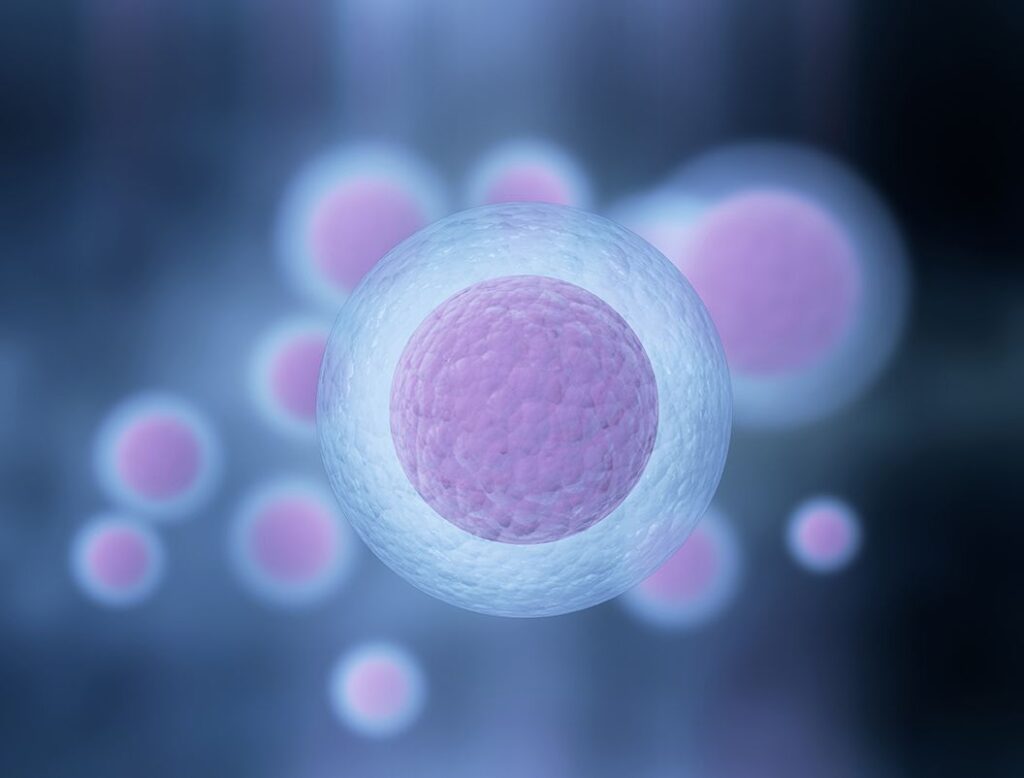
- As women age, the number and quality of eggs in the ovaries decline. By the time perimenopause starts, this decline accelerates, reducing the chances of conception.
- Chromosomal abnormalities in eggs also increase, leading to a higher risk of miscarriage and genetic conditions like Down syndrome.
2. Irregular Ovulation
- Ovulation becomes less predictable during perimenopause. Menstrual cycles can become longer, shorter, or more irregular, making it difficult to track when (or if) ovulation occurs.
- Some cycles may not involve ovulation at all, further decreasing fertility.
3. Hormonal Changes
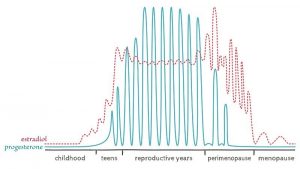
- Hormones like oestrogen and progesterone fluctuate wildly during perimenopause, affecting ovulation and the menstrual cycle. These fluctuations can cause missed periods and anovulatory cycles (cycles where no egg is released), reducing the likelihood of pregnancy.
4. Shorter Luteal Phase
- The luteal phase (the time between ovulation and menstruation) may shorten during perimenopause, impacting the uterine lining’s ability to support a fertilised egg, leading to implantation difficulties.
5. Lower Ovarian Reserve
- The number of remaining viable eggs (ovarian reserve) diminishes as women approach menopause, making it harder to conceive naturally but not impossible
6. Increased Risk of Complications
- Even if pregnancy occurs, there is a higher risk of complications such as miscarriage, ectopic pregnancy, and pregnancy-related health conditions like gestational diabetes and hypertension.
Fertility Outlook During Perimenopause
While fertility decreases significantly during perimenopause, pregnancy is still possible until menopause is reached. Women who wish to conceive may need extra support with fertility treatments like IVF (in vitro fertilisation), though the success rates are lower with age. Hormonal support, donor eggs, or other assisted reproductive technologies may also be options.
Please bear in mind that as long as you are still ovulating, natural conception is still possible.
Please remember that as men age, their fertility is affected too.
If avoiding pregnancy, contraception should still be used until menopause is confirmed.
Next post: How perimenopause affects egg quality
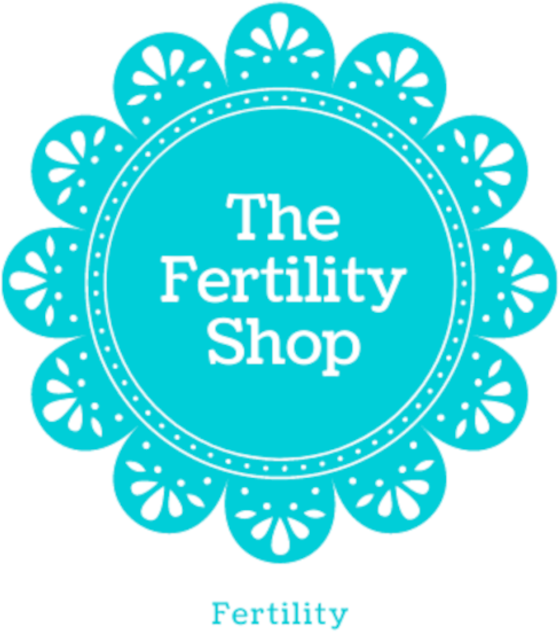
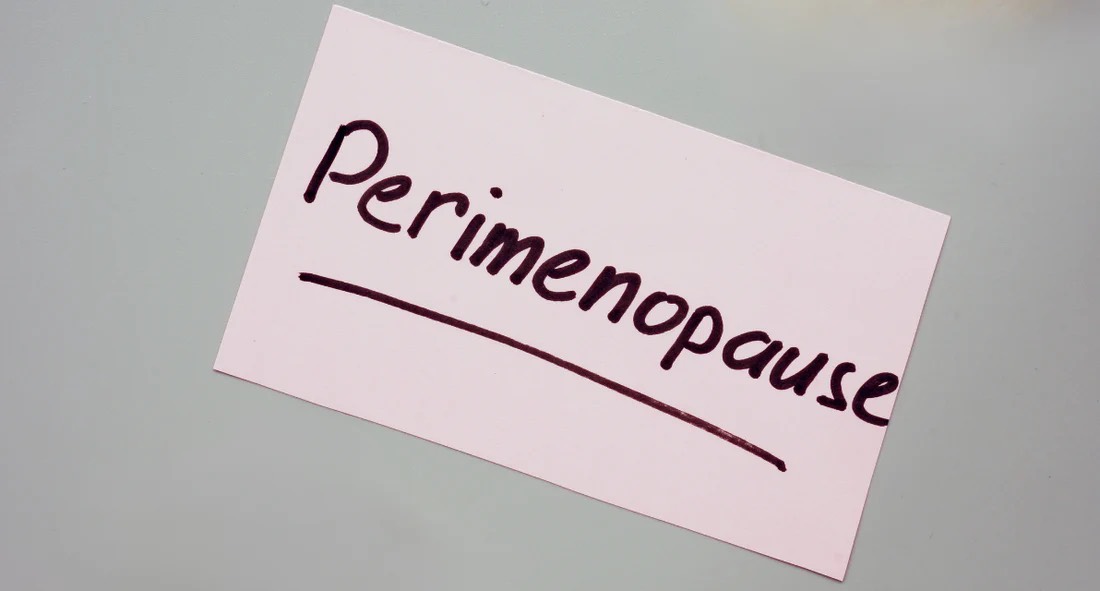


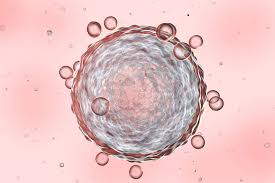
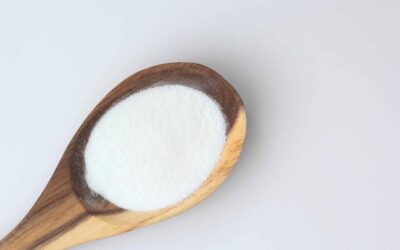
0 Comments